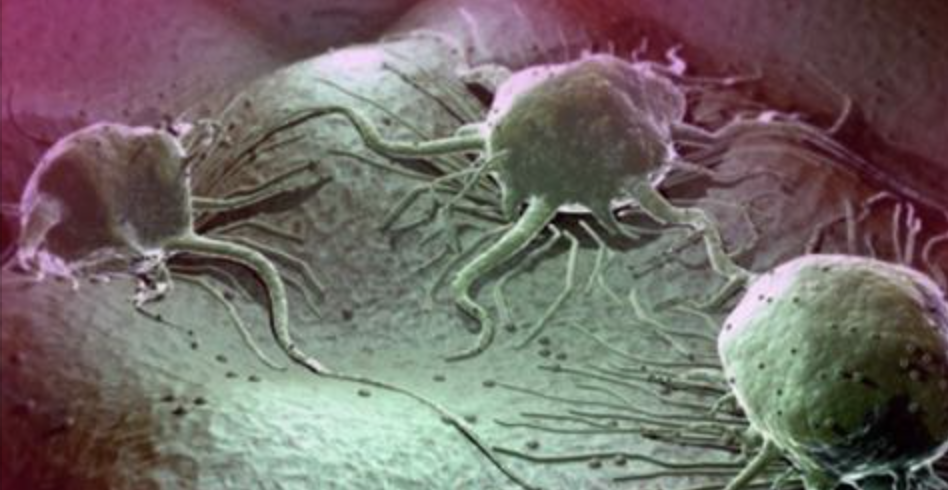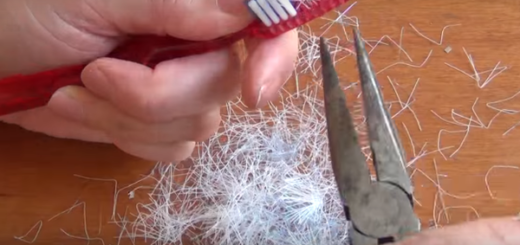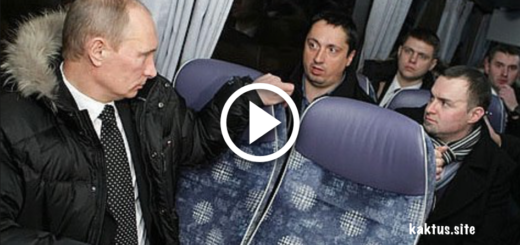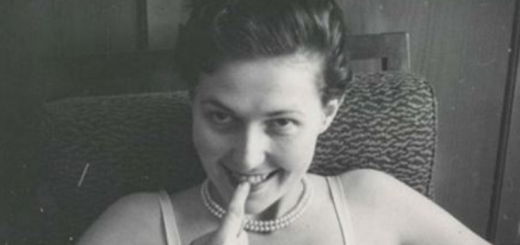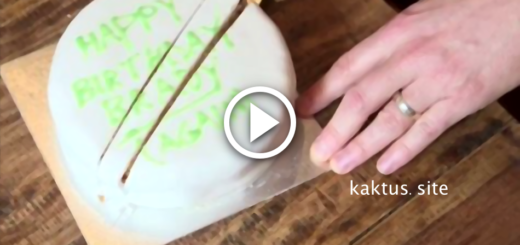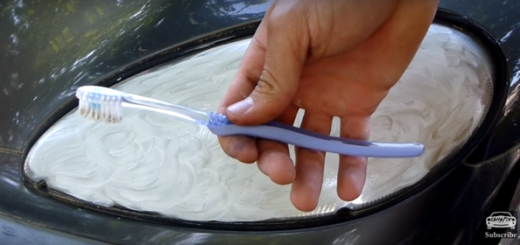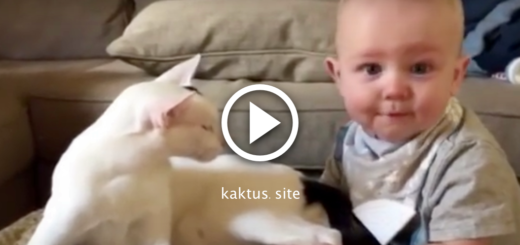I nodded. “Then let’s get started.” I shared my screen and walked them through everything, line by line, error by error. Broken API links, failed queries, and dead-end report scripts they had tried to patch with copy-paste fixes. One process had been misconfigured for three months; I had flagged it in January, but no one had touched it.
Hal tried to move things along. “Can we skip the background and just—”
“No,” I cut in. “You’re paying for clarity. You’ll get clarity, not shortcuts.”
He shut up. I kept going, answering their questions one by one. I didn’t sugarcoat it or soften the tone. “This part broke because someone deleted the fallback logic. This report fails because the database connection times out every third run—I told you that in December. This is what happens when you rely on duct tape and interns.”
By the halfway point, no one argued. They just nodded, typing furiously, looking like people trying to rebuild a plane in midair. An hour and forty-seven minutes later, I closed the session.
Hal leaned in. “We appreciate your help. That was… necessary.”
Cheryl added, “We’ll need you back on Monday to finalize the rest.”
I shook my head. “Not in our contract.”
“But we still have questions,” she said. “Norland—”
“Then put them in writing,” I interjected.
“Wait,” Hal said. “Are you saying you’re not available Monday?”
“I’ll be at my dad’s lawyer’s office Monday morning. Priorities.”
They both looked stunned, as if they had forgotten this was all happening because they couldn’t spare me four damn days in the first place. Cheryl tried to salvage it. “Well, just let us know when you’re available.”
I clicked “Leave Meeting.” That was the beauty of being prepaid. I didn’t owe them a single second more.
Tuesday afternoon, I logged into what was supposed to be the final call. No greetings, no small talk—just their faces, staring back at me like they’d just walked out of a car crash. Hal looked wrecked, his hair uncombed and his tie loosened, his voice low. “The demo went badly. Norland’s pissed.”
Cheryl didn’t even try to hide it. “They’re giving us two more weeks to fix it. After that, they’re walking.”
I nodded once. “Understood.”
We went through the last batch of questions: script adjustments, data sync issues, and a report that somehow kept pulling March figures for every month. I kept my tone level, calm, clear, and professional. They asked, I answered. Nothing more.
At the end, Hal glanced off-screen, then back at me. “Before we wrap, there’s one more thing.”
Here it comes.
He cleared his throat. “We’ve been talking internally, and we’d like to make you an offer. A real one.”
Cheryl jumped in before I could respond. “Director level. Remote. You’d oversee your own team—we’d hire three under you to start. You’d report directly to Hal.”
“And,” Hal added, “you’d be on the executive planning calls going forward. A full seat at the table.” He paused. “Also, a 50% raise.”
The line went quiet. I could hear my own heartbeat, not because I was nervous, but because I was pissed it took this long. I looked at them both. Their faces said it all: this wasn’t gratitude, it was desperation.
I leaned back in the chair. “You’re not offering that because I earned it. You’re offering it because you’re scared.”
Hal tried to protest. “That’s not—”
I held up a hand. “Don’t. You had three years. I was useful to you the entire time, but you never once treated me like I was valued until things blew up.”
Cheryl looked down, silent.
“I buried my father last week,” I said. “And your first reaction was to demand access to my work, not to ask if I was okay. Now you want to promote me?”
Hal exhaled slowly. “We’re trying to do right by you now.”
I gave a half smile. “Too late.”
“Is there any version of this offer you’d consider?” he asked.
“No,” I said. “Because it’s not about the title or the money. It’s about the fact that I had to take everything away from you just to get noticed.”
Cheryl whispered, “We didn’t realize…”
“You didn’t care to realize,” I cut in. “And that’s the difference.”
Another long silence hung in the air. I let it hang, then I clicked “Leave Meeting.” Clean. Final. Dad used to say people only show their cards when they feel the pressure. Turns out, he was right.
Two weeks later, I got an email from Cameron in Finance. The subject line was: Update on Norland. I clicked it without much thought. Norland pulled out. Three other clients are re-evaluating. Just thought you’d want to know. No hello, no signature. Just that.
I stared at the screen for a second. I didn’t feel smug. I didn’t feel sorry, either. Just… right. They’d gambled on pretending I was replaceable, and now, the bill had come due.
A month later, I joined a smaller firm out in Columbus. Ten people total, no layers of bullshit. On the second call, the CEO asked, “How are you holding up after losing your dad?” Not, “What can you do for us?” or “How fast can you start?” Just that.
They told me to take my time onboarding. Family first; work comes second, or it’ll ruin both. It felt like breathing fresh air after years of sucking dust.
Six months passed. I was settled in, finally sleeping through the night. I had cleaned the garage and reorganized Dad’s shop. That’s when I saw it: a message on LinkedIn from Hal. I know I handled things wrong. I’m trying to change. You were right about all of it. Your dad sounded like a remarkable man.
I stared at it for a while, not because I didn’t know what to say, but just deciding if it was worth it. I finally typed back: He was remarkable. Thanks for recognizing it. That was it. No grudges, no second round. Just closure.
That night, I set the wooden pendant on my desk. Walnut. Smooth now. I’d finished sanding it two months ago, just like he would have done. Not perfect, but solid. Like him.
Sometimes the strongest move isn’t burning the place down. It’s walking away with everything they didn’t realize they needed and letting them sit in the silence you left behind.





